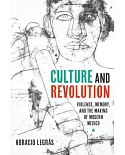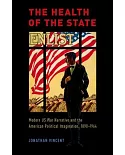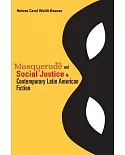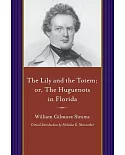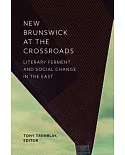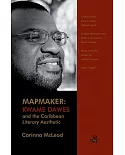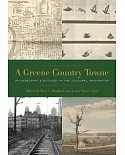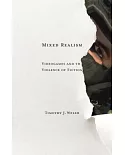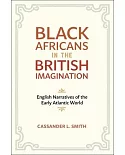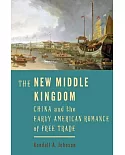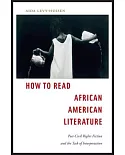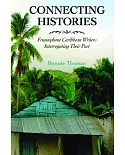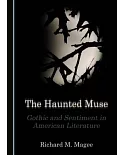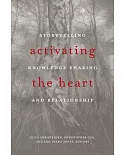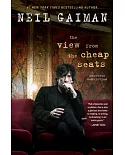While many critics have argued the American gothic literary genre is primarily about the pleasure of fear, Monnet (American literature, U. of Lausanne, Switzerland) suggests that American
gothic is primarily about the pleasures of (often ambiguous) judgment. In other words, American gothic engages with the problems of judgment when there is the lack of a shared paradigm.
Furthermore, this engagement with judgment is often simultaneously an indirect intervention into major political issues of the day. Having defined the genre thusly, Monnet engages with the
works of canonical literary authors as American gothic, partly in order to demonstrate the value of bringing genre studies to bear on well known and often studied works. She discusses the ways
Edgar Allan Poe's short stories demonstrate his interest in ethical issues, particularly focusing on the "The Fall of the House of Usher" as resonant of anxieties about slave revolt. She reads
Nathaniel Hawthorne's The Marble Faun as concerned with the ethical crisis posed by slavery wherein the physical movement of a dark travel narrative becomes a trope for the operations of
denial. Herman Melville's Pierre is read as "a masterpiece of epistemological and moral skepticism," an exploration of "the nexus of shame, secrecy, and epistemological issues related to
socially prohibited forms of desire," and one of America's earliest queer texts. Finally, she compares Henry James's The Turn of the Screw to Charlotte Perkins Gilman's "The Yellow Wall-Paper"
through explorations of issues of female madness and queer complicities. Annotation 穢2010 Book News, Inc., Portland, OR (booknews.com)


